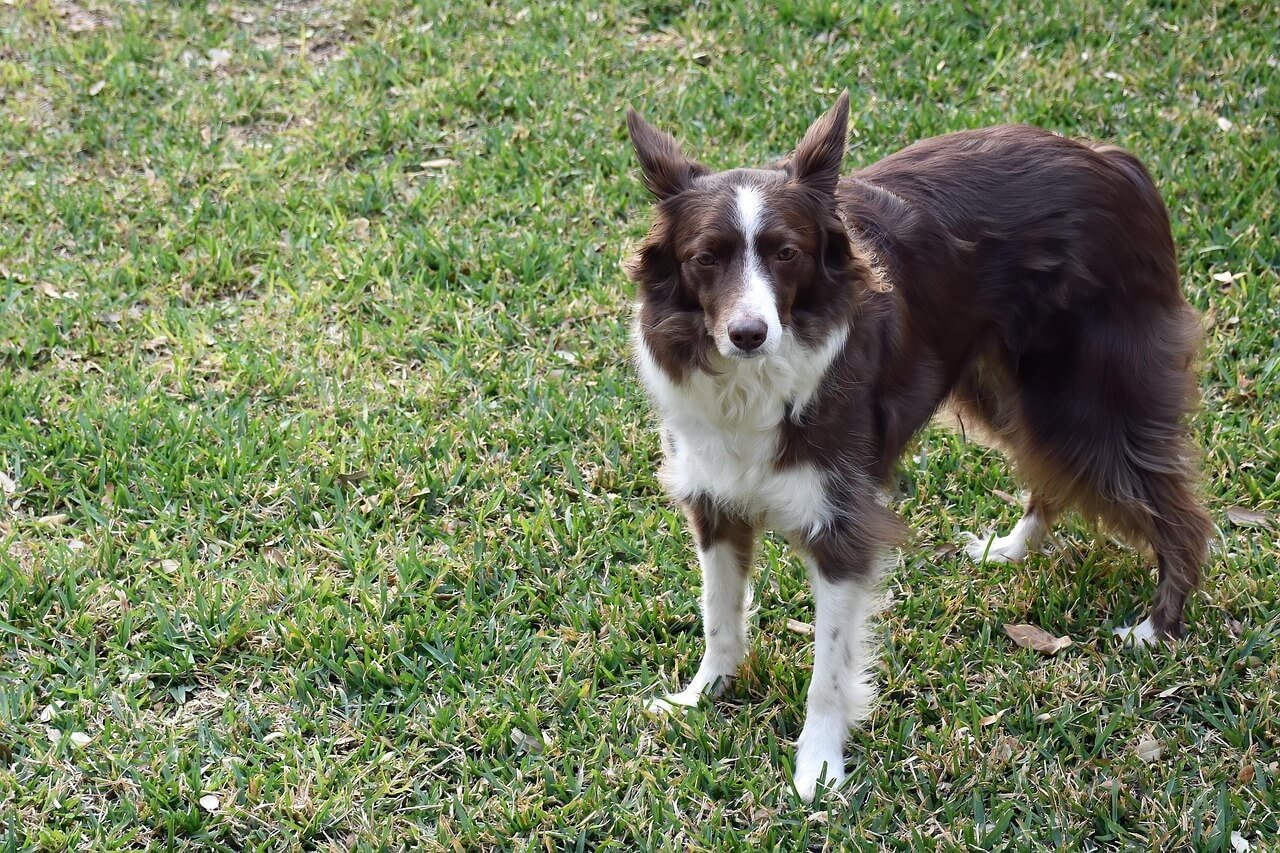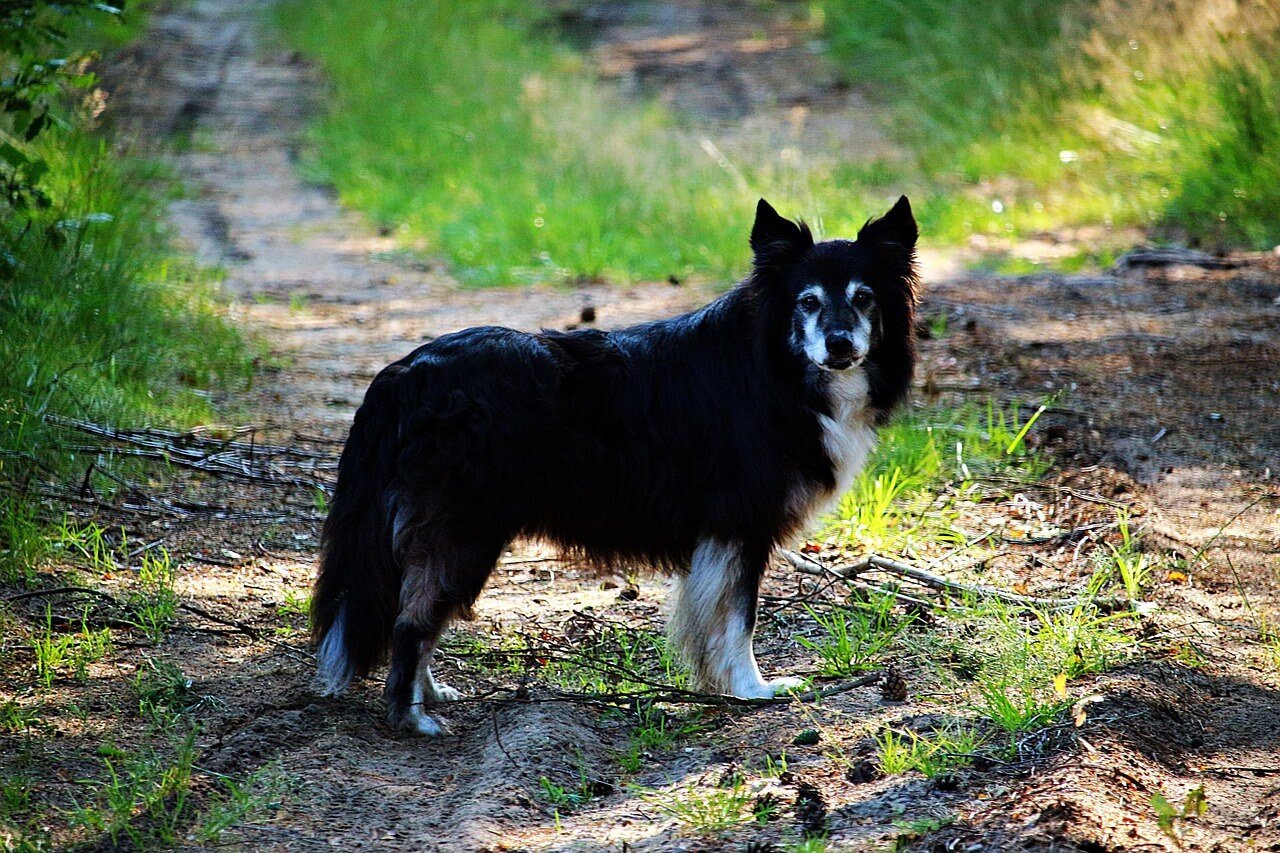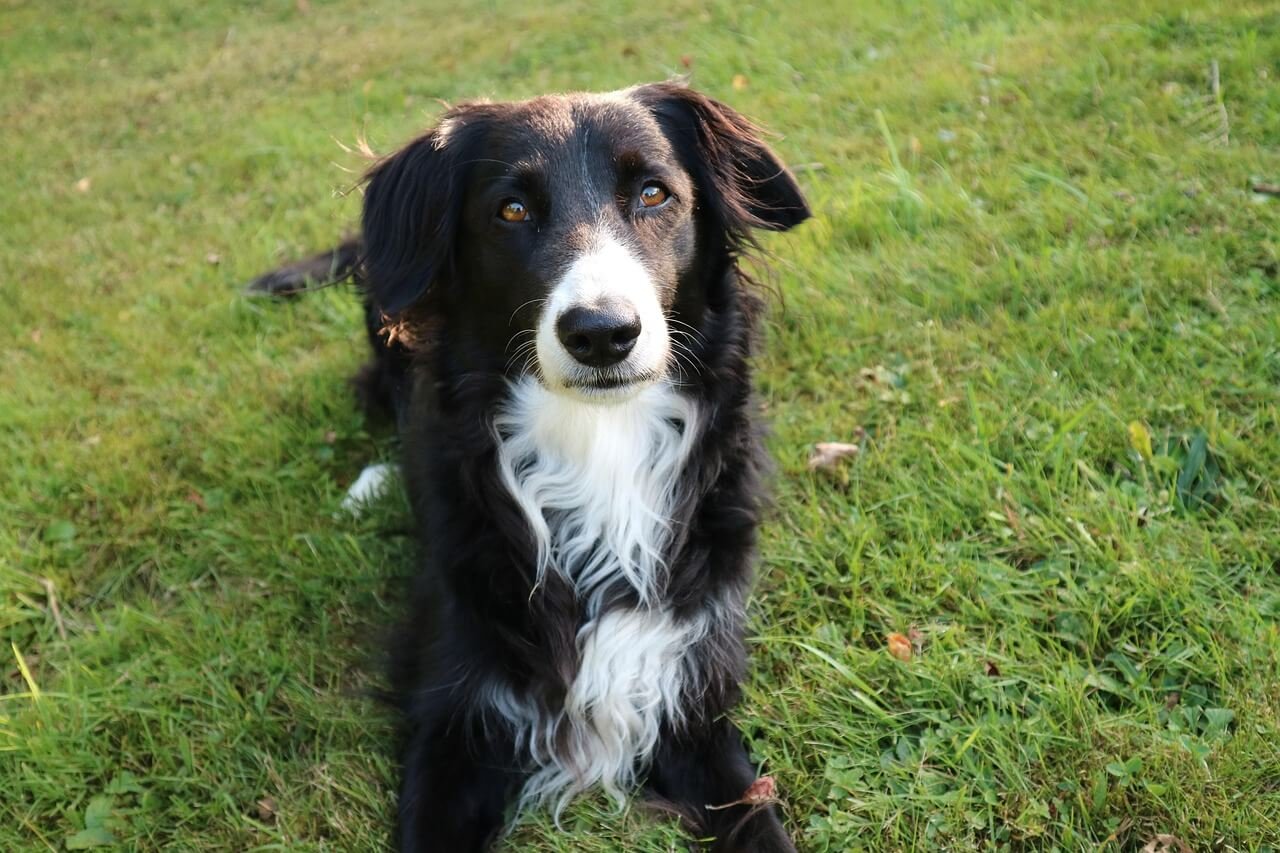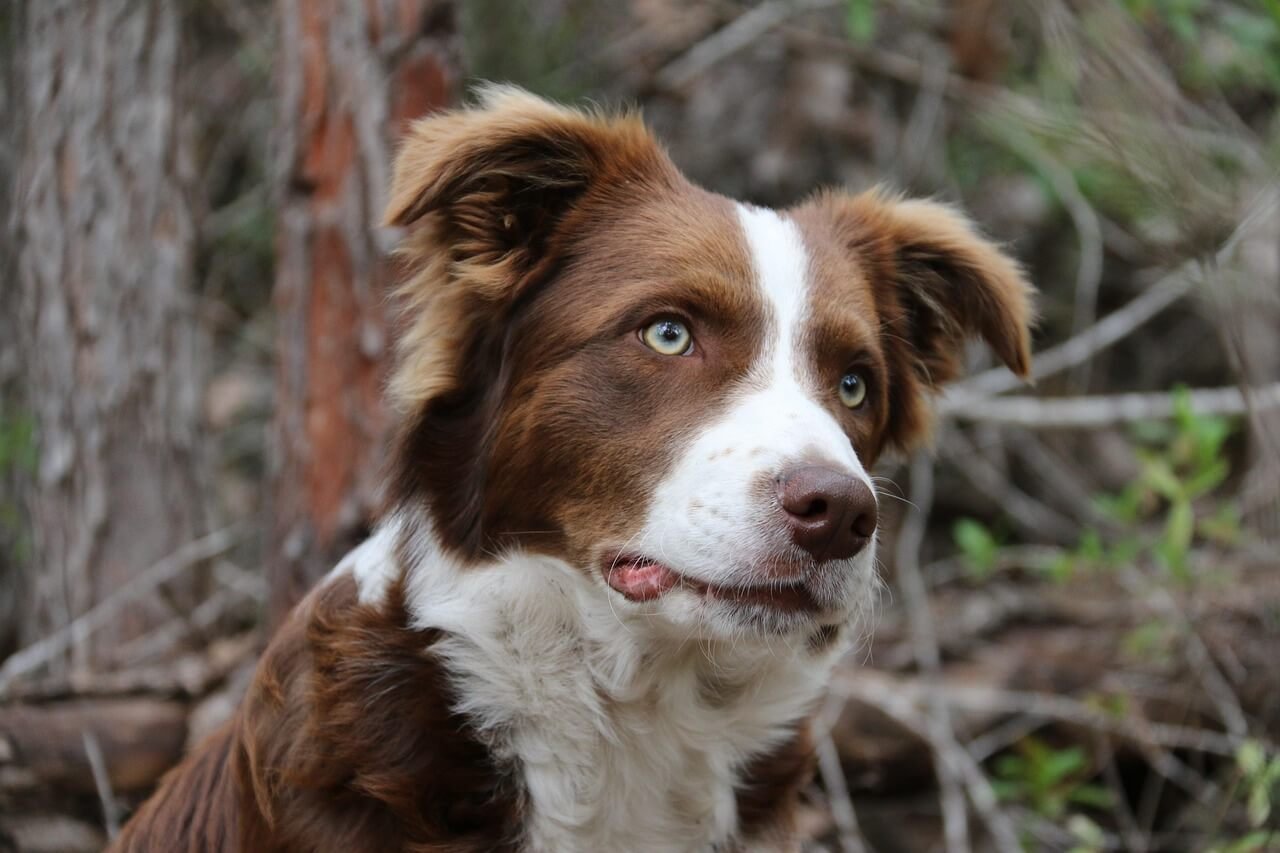Rat Poison in Dog Poop: What Every Pet Owner Needs to Know
As pet owners, we’re always vigilant about keeping our furry friends safe from harm. However, one hidden danger that often goes unnoticed is rat poison—a toxic substance that can inadvertently affect dogs through ingestion or exposure. If you’ve noticed unusual changes in your dog’s behavior or even traces of rat poison in their poop, it’s crucial to act quickly. Rat poison is highly dangerous and can lead to severe health complications if not addressed promptly. In this blog post, we’ll explore the risks of rat poison exposure, how to identify signs of poisoning, and what steps you can take to protect your dog. Let’s dive into this critical topic to ensure your pup stays healthy and safe.
How Does Rat Poison Affect Dogs? Key Facts You Need to Know
Rat poison, also known as rodenticide, is designed to eliminate rodents but poses a significant threat to pets like dogs who may accidentally ingest it. Understanding how rat poison works and its effects on dogs is essential for prevention and treatment. Here’s what you need to know:
Anticoagulant Rodenticides: These prevent blood from clotting, leading to internal bleeding and potentially fatal consequences.
Neurotoxic Rodenticides: These attack the nervous system, causing seizures, tremors, and paralysis.
Metabolic Disruptors: These interfere with vitamin D regulation, leading to calcium imbalances and kidney failure.
Symptoms May Take Days to Appear: Some types of rat poison don’t show immediate symptoms, making early detection difficult.
Secondary Poisoning: Dogs can be poisoned by eating rodents that have consumed rat poison, even without direct contact.
The effects of rat poison are severe and life-threatening, so understanding these mechanisms can help you recognize the signs and seek timely veterinary care.
Signs Your Dog May Have Ingested Rat Poison
Identifying rat poison ingestion early can save your dog’s life. While symptoms vary depending on the type of poison, here are common signs to watch for:
Bleeding Issues: Nosebleeds, blood in urine or stool, or unexplained bruising may indicate anticoagulant poisoning.
Lethargy and Weakness: Your dog may appear unusually tired or struggle to move due to internal damage.
Vomiting or Diarrhea: These symptoms often accompany poisoning and may contain traces of blood.
Seizures or Tremors: Neurotoxic rodenticides can cause uncontrollable shaking or convulsions.
Excessive Thirst or Urination: This could signal a disruption in calcium levels caused by vitamin D-based poisons.
If you notice any of these symptoms, especially after suspecting exposure to rat poison, contact your veterinarian immediately. Early intervention is critical for your dog’s survival.
Check this guide 👉Are Antlers Safe for Dogs? Best 7 Expert Tips!
Check this guide 👉Is Hydrogen Peroxide Safe for Dogs? Best 7 Tips!

Types of Rat Poison | Potential Symptoms in Dogs |
|---|---|
Anticoagulant Rodenticides | Bleeding, bruising, lethargy |
Neurotoxic Rodenticides | Seizures, tremors, paralysis |
Vitamin D-Based Poisons | Excessive thirst, vomiting, kidney issues |
Bromethalin (Brain Damage) | Loss of coordination, seizures |
Zinc Phosphide | Vomiting, abdominal pain, difficulty breathing |
What to Do If You Suspect Rat Poison in Dog Poop
Discovering rat poison in your dog’s poop or suspecting they’ve ingested it can be alarming. Acting swiftly and calmly is essential to minimize the risk of harm. Here’s what you should do:
Do Not Induce Vomiting Without Guidance: Attempting this without professional advice can worsen the situation.
Collect a Sample: Safely gather a small sample of the poop or suspected poison to help your vet identify the toxin.
Call Your Veterinarian Immediately: Provide details about the incident and follow their instructions closely.
Monitor Your Dog Closely: Watch for worsening symptoms or changes in behavior while waiting for veterinary care.
Keep Your Dog Hydrated: Offer fresh water to prevent dehydration, especially if vomiting or diarrhea occurs.
Taking these steps can make a significant difference in your dog’s recovery and ensure they receive the appropriate treatment.
Preventing Rat Poison Exposure in Dogs
Prevention is key to protecting your dog from the dangers of rat poison. By taking proactive measures, you can reduce the risk of accidental exposure. Here’s how to keep your pup safe:
Avoid Using Rat Poison in Your Home: Opt for pet-safe alternatives like traps or natural deterrents to control rodent problems.
Secure Outdoor Areas: Ensure your yard is free of accessible rodenticides and monitor for signs of rodent activity.
Supervise Walks and Playtime: Keep your dog away from areas where rat poison might be present, such as parks or neighbors’ yards.
Educate Family and Neighbors: Inform others about the dangers of rat poison and encourage them to use pet-friendly pest control methods.
Store Products Safely: If you must use rodenticides, keep them in locked cabinets or areas inaccessible to pets.
By implementing these precautions, you can create a safer environment for your dog and reduce the likelihood of accidental poisoning.
What Not to Do If You Suspect Rat Poison Exposure
When it comes to rat poison exposure, mistakes can be costly and even life-threatening for your dog. Knowing what not to do is just as important as knowing the right steps to take. Here are some common errors pet owners make and how to avoid them:
Delaying Veterinary Care: Waiting too long to seek help can allow the poison to cause irreversible damage. Always act immediately.
Using Home Remedies Without Guidance: Unverified treatments like milk or activated charcoal may not address the specific toxin and could worsen the situation.
Ignoring Symptoms: Assuming mild symptoms will resolve on their own can lead to severe complications later.
Failing to Identify the Poison: Not knowing the type of rodenticide ingested can hinder effective treatment. Try to gather as much information as possible.
Allowing Repeated Exposure: Failing to remove the source of poison increases the risk of repeat incidents. Secure your home and yard promptly.
Avoiding these mistakes ensures that your dog receives the best possible care and minimizes the risk of further harm.
Understanding Potential Aftereffects of Rat Poison Exposure
Even after successful treatment, rat poison exposure can leave lasting effects on your dog’s health. Being aware of these potential long-term consequences helps you monitor your dog’s recovery and provide ongoing support. Here’s what to watch for:
Chronic Kidney Issues: Vitamin D-based poisons can cause permanent kidney damage, requiring lifelong dietary management.
Liver Damage: Some toxins may impair liver function, necessitating regular blood tests and veterinary check-ups.
Behavioral Changes: Neurotoxic poisons can lead to lingering anxiety, tremors, or sensitivity to stimuli.
Weakened Immune System: The stress of poisoning may leave your dog more vulnerable to infections or illnesses.
Reduced Energy Levels: Recovery from severe poisoning can take time, and your dog may remain lethargic for weeks or months.
By staying vigilant and providing ongoing care, you can help your dog recover fully and maintain a high quality of life despite past exposure.
How to Control Rodents Without Endangering Your Dog
If you’re dealing with a rodent problem, there are safer alternatives to traditional rat poison that won’t put your dog at risk. These humane and pet-friendly solutions can effectively manage pests while keeping your furry friend safe. Here are some options to consider:
Humane Traps: Live traps capture rodents without harming them, allowing you to release them far from your home.
Ultrasonic Repellents: These devices emit high-frequency sounds that deter rodents without affecting pets or humans.
Natural Deterrents: Use peppermint oil, ammonia-soaked cotton balls, or other non-toxic substances to repel rodents.
Seal Entry Points: Block gaps in walls, doors, and windows to prevent rodents from entering your home in the first place.
Professional Pest Control Services: Hire experts who specialize in pet-safe methods to eliminate rodent infestations.
By choosing these alternatives, you can protect your dog from accidental poisoning while maintaining a rodent-free environment.
Frequently Asked Questions About Rat Poison and Dogs
Is rat poison always fatal for dogs?
No, but it can be life-threatening without prompt treatment. Immediate veterinary care improves the chances of recovery.
Can I treat my dog at home if they’ve ingested rat poison?
No, home remedies are insufficient. Professional treatment is necessary to address the specific type of poison.
How long does it take for rat poison to affect a dog?
Symptoms can appear within hours to days, depending on the type of poison ingested.
What should I do if I find rat poison in my dog’s poop?
Contact your veterinarian immediately and bring a sample for analysis if possible.
Are there pet-safe alternatives to rat poison?
Yes, humane traps, ultrasonic repellents, and natural deterrents like peppermint oil are safer options.
Final Thoughts: Keeping Your Dog Safe from Rat Poison
Discovering rat poison in your dog’s poop or suspecting they’ve been exposed can be a terrifying experience. However, by staying informed and taking preventive measures, you can significantly reduce the risks associated with rodenticides. Always prioritize your dog’s safety by using pet-friendly pest control methods and remaining vigilant about their surroundings. If an incident does occur, remember that quick action and professional veterinary care are your best tools for ensuring a positive outcome. Our dogs depend on us to protect them, and with love, awareness, and preparation, we can keep them safe from harm.
Understanding Scabs in Dogs Ears: Best 7 Tips! Learn how to identify, treat, and prevent scabs in your dog’s ears for optimal ear health.
Is Cinnamon Bad for Dogs? Best 7 Health Tips! Discover safe ways to use cinnamon, risks to avoid, and expert advice to keep your dog healthy.
Can Dogs Get Pneumonia from Humans? Best 7 Tips! Learn how to protect your dog, understand transmission risks, and ensure their respiratory health.
Can Dog Urine Make You Sick? Best 7 Health Tips! Learn how to stay safe, prevent illness, and handle exposure to dog urine effectively.





